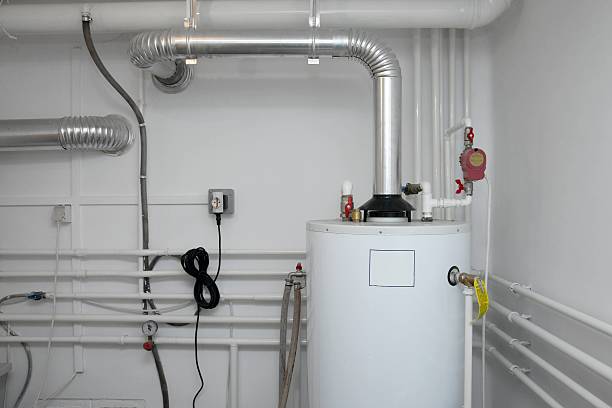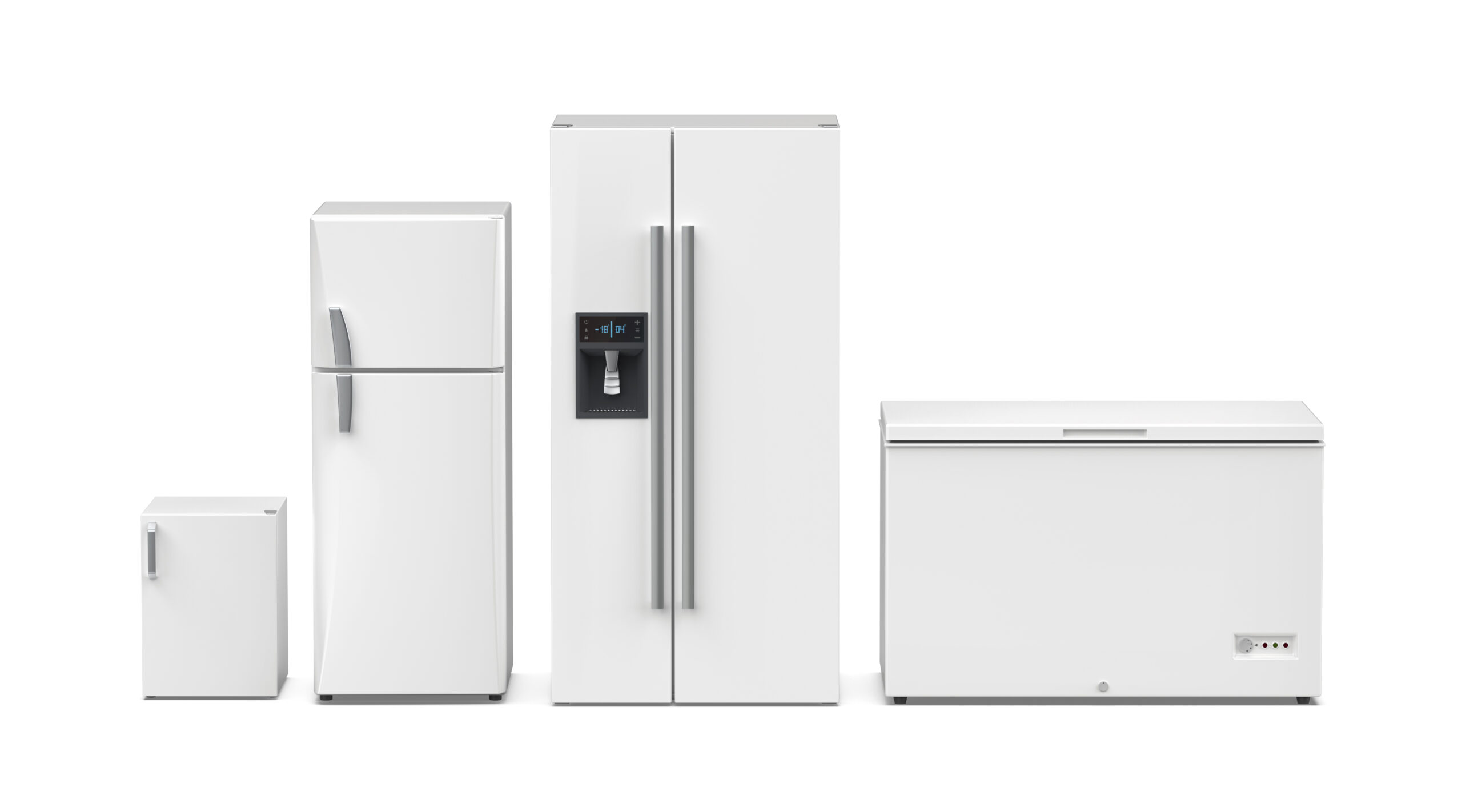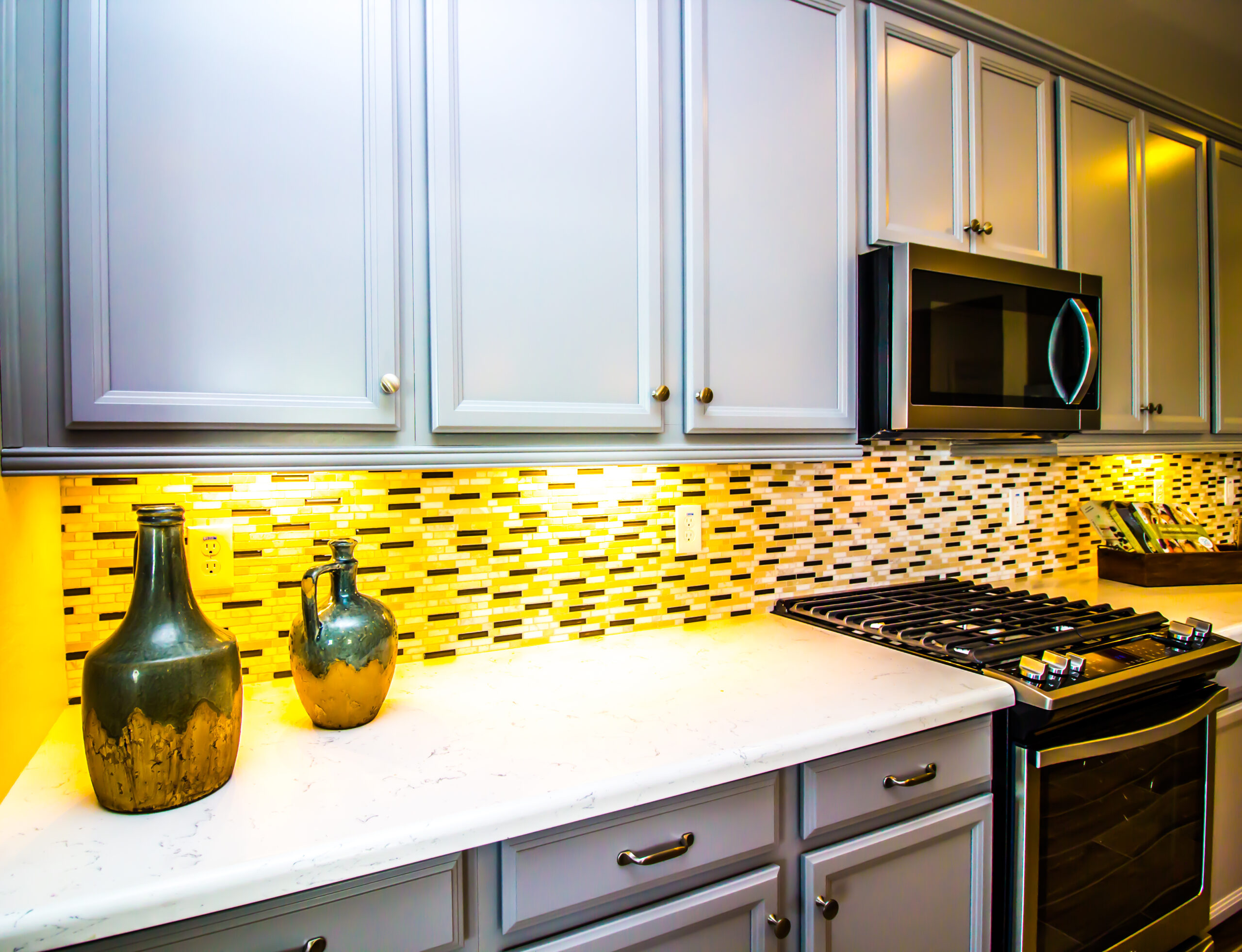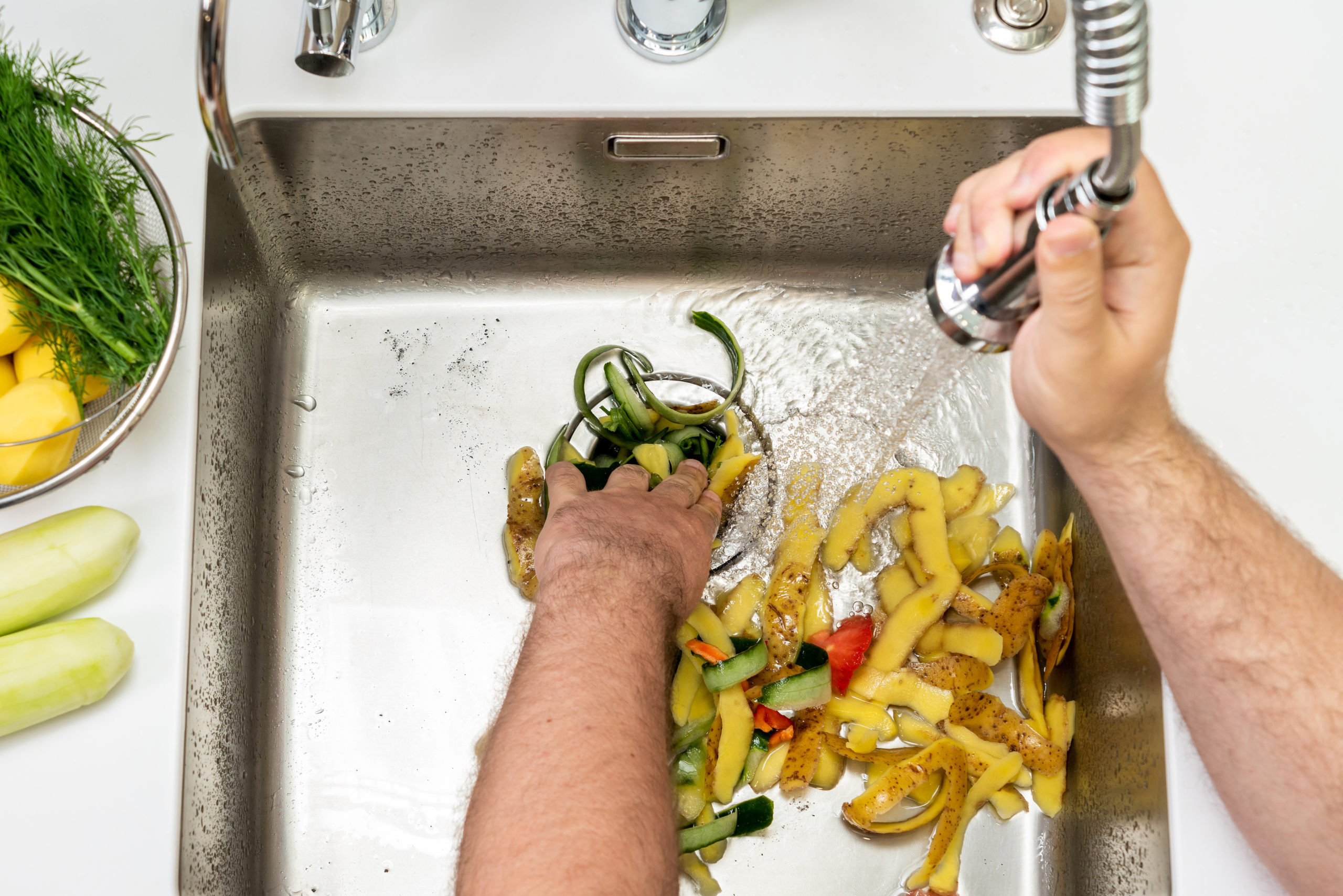
We’ve all been there. You’re ready for a soothing, warm shower and the water is frigid. You turn the knob further toward “hot,” and nothing changes. Your water heater is out of hot water, and you’ve got to choose between a cold shower or doing without a good scrub.
If your water heater keeps running out of hot water when you need it, there could be one of many culprits.
Too Much Demand at Once
You’ve probably already thought of this, but it’s worth mentioning. When you run anything with hot water, it pulls from your hot water tank. This includes your washing machine, dishwasher, shower, tub, and tap water any time you use the hot water on any of these.
If you pull too much of the hot water from the tank without allowing time for more water to heat up, you’ll end up with chilly water. Try spacing out the times for your showers, dishwashing, and laundry.
The Temperature is Too Low
Sometimes, you can fix your water temperature problems simply by turning up the temperature. If the setting on your water heater is below 120 degrees Fahrenheit, consider turning it up a bit. In general, we recommend keeping the temperature between 120 and 140 degrees. However, if you have young children, you may want to consider only going up to 125 degrees.
Sediment Buildup
Sediment is made up of natural minerals that are found in the water supply. Throughout the life of a water heater, they can build up at the bottom of the tank, lowering the amount of hot water it can hold at one time.
Sediment buildup can also get in the way of the heating element that is at the bottom of the tank. If this happens, the water isn’t getting as warm as it’s supposed to, so your showers will feel chilly.
The best way to prevent sediment buildup is to conduct system flushes every year. This process gets rid of sediment and keeps your water heater running better for longer. If you haven’t done a system flush on your unit, this is a likely cause of your cold showers.
A Broken Dip Tube
This is a likely cause if your hot water issues came on suddenly. The dip tube is the part of the water heater that sends cold water to the bottom of the tank, where it gets heated up. If the tube breaks, cold water stays on top of the tank, and it starts coming out of the hot water tap first.
Sometimes, if you have a broken dip tube, you will find small pieces of plastic anywhere that water comes out. So you may see these plastic pieces in your shower head, water filters, and drains. Even if you don’t notice plastic in these places, the dip tube may be broken. A qualified appliance repair professional can help.
Faulty Heating Element
Water heaters rely on heating elements to get the water to the desired temperature. Most of the water is heated through the element on the bottom of the tank. However, the element near the top helps keep things at the right temperature as well.
If anything goes wrong in either of the heating elements, your water will be colder than normal. In addition to sediment buildup, faulty electrical wiring or thermostat can cause this issue.
Diagnose and Fix a Broken Water Heater
Trying to fix your water heater on your own can be dangerous. Even if nobody gets hurt, making small mistakes can become costly. That’s why it’s best to call a qualified appliance repair professional when something is wrong with your water heater.
Appliance Repair 512 is open 24/7, and we’re ready to serve you. Give us a call or contact us ASAP to set your appointment. We’ll get your water heater back to comfortable temperatures in no time.
continue reading
Related Posts
Refrigerators come in a variety of sizes and configurations. If you’re in the market for a new fridge, you may be wondering what size is right for your kitchen. There are a few different things to consider when it comes to choosing a refrigerator that is the appropriate size for […]
If you’re looking to upgrade your kitchen, an over-the-range microwave is a great addition. It not only saves counter space but also adds to the overall aesthetic of your kitchen. However, installing an over the range microwave is often a daunting task for many homeowners. The good news is that […]
Garbage disposals can be very convenient. You rinse food scraps right off the plate or cutting board and run the disposal until they disappear down the drain. It keeps smelly food out of your trash and prevents your drain from clogging. However, this is only the case if your disposal […]



